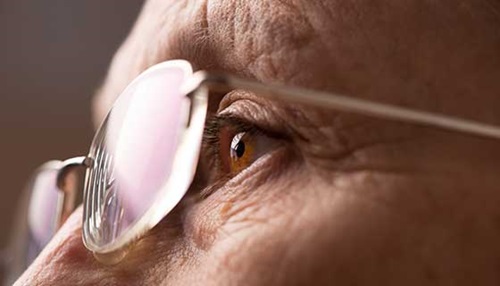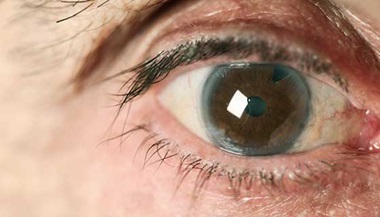Cataract Surgery
Featured Expert:
Cataract surgery is the most commonly performed surgical procedure, compared with any other surgery in medicine. It is also one of the safest surgical procedures. The operation involves swapping out the cloudy natural lens of the eye, or cataract, with a new artificial lens. If you have cataracts in both eyes, the procedures for each eye are typically done separately.
Cataract surgery is performed while you are awake, so you will be given a calming medication that will mildly sedate you, as well as a special numbing gel and eye drops, so that you won’t feel any discomfort during the procedure.
How long does cataract surgery take?
Cataract surgery takes 10 to 20 minutes to complete, depending on the severity of the condition. You should also plan to spend up to 30 minutes following the surgery to recover from the effects of the sedative.
What are the types of cataract surgery?
Small-incision cataract surgery (Phacoemulsification)
Small-incision cataract surgery is the most common type of cataract removal. The eye surgeon makes a very small opening on the eye, next to the outer corner. A tiny probe gives off ultrasound waves to dissolve the core, hard part of the cloudy lens. The rest of the cataract material is then removed by another probe, which provides suction through the same opening.
Extracapsular surgery
During extracapsular surgery, a longer opening is made on the top part of the eye to remove the hard center of the lens. The rest of the cataract material is then taken out by suction, through the large opening.
The removed lens is replaced by an intraocular lens (IOL), which is inserted through the previous opening at the end of the surgery. An IOL is a clear, artificial lens that does not need care. It becomes part of the eye. With an IOL, a person usually has better eyesight because light will be able to pass to the retina. The person does not see or feel the new lens.
What should I expect after cataract surgery?
Within a few hours of the surgery, you will likely notice that colors are brighter, due to the removal of the clouded lens. However, your vision may be blurry during the first couple of days, and your eye may be slightly light-sensitive. Dryness, occasional itching, burning and/or red eyes are also common Most of these effects will end within a few days.
Your ophthalmologist will prescribe eye drops or medications to prevent or control inflammation, infection or high pressure of the eye. An eye shield is also recommended at bedtime to protect the operated eye.
You will also be scheduled for three or four follow-up appointments with your ophthalmologist to monitor your recovery progress. A month after the surgery, you will need an eye exam so you can be prescribed new eyeglasses.
How long does it take to recover from cataract surgery?
Most patients usually go back to work with light duty two or three days after surgery. However, full recovery from cataract surgery usually takes one to two months. This includes the time needed for the eye to adjust to the replacement lens and the restoration of your vision to its highest potential.
Are there potential cataract surgery complications?
Severe intraoperative and postoperative complications are possible but not likely and are usually manageable. Cataract surgery can restore your vision to its point prior to cataracts. However, a common development (in three out of 10 patients) following cataract surgery is an after-cataract. An after-cataract happens when part of the natural lens that is purposely not taken out during cataract surgery develops scar tissue and blurs your vision.
Unlike a cataract, an after-cataract can be treated with a method called YAG laser capsulotomy. The surgeon uses a laser beam to make a tiny hole in the scar tissue behind the lens to let the light pass through. After-cataracts may develop weeks, months — or even years — after cataract surgery.
Complications are more likely if you have another eye condition. Sometimes it’s better to treat other conditions prior to having cataract surgery to ensure that you obtain the best visual results.
When to consider cataract surgery
The progression of your cataracts will determine if surgery is needed. If your cataracts are causing difficulties with daily activities, such as reading, filling out checks/forms or driving, you should speak to your eye doctor about having cataract surgery.Treatment Cornea and Cataracts at the Wilmer Eye Institute

The Cornea and Catracts team are the experts in the diagnosis and treatment of cataracts.







